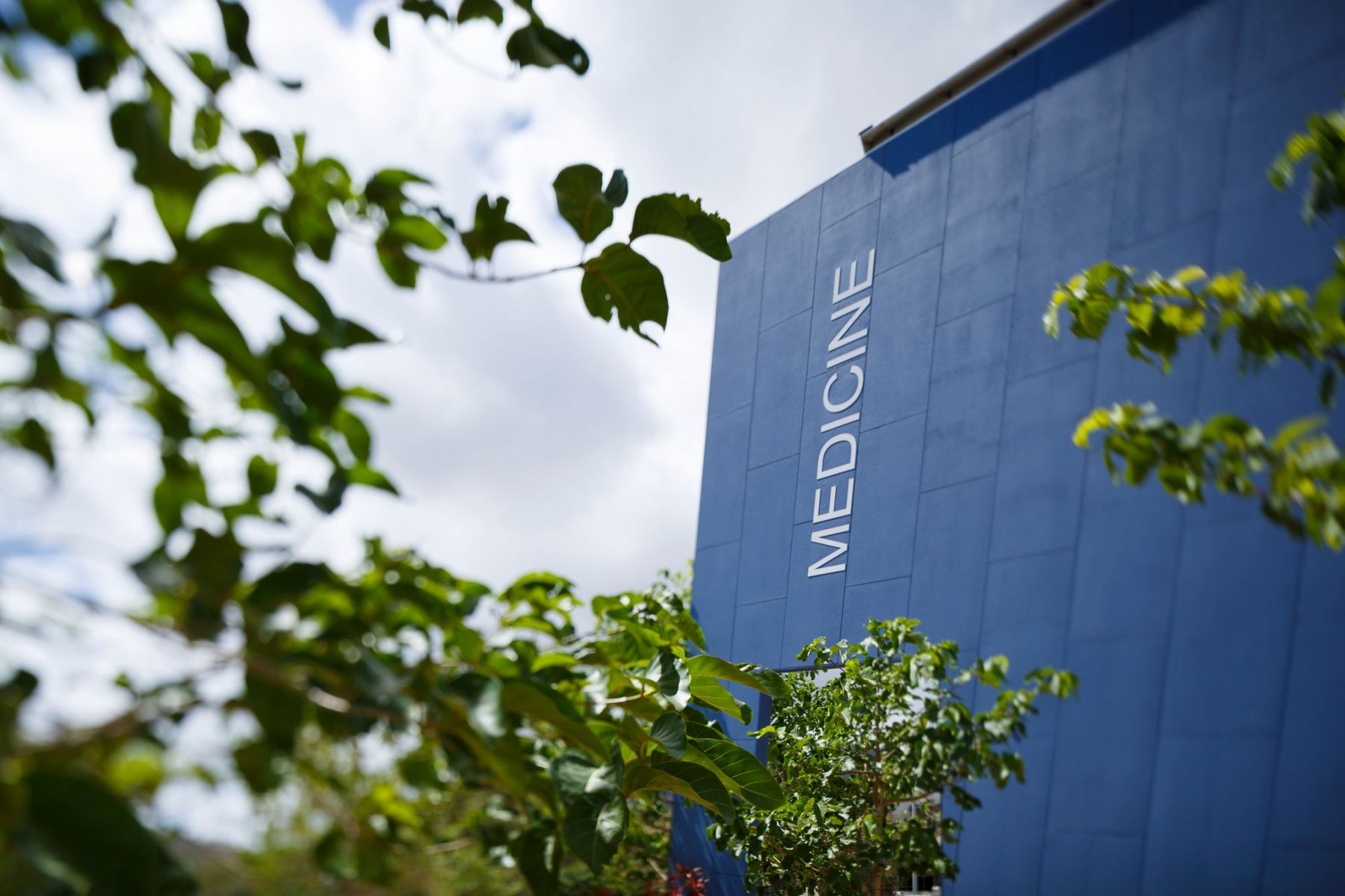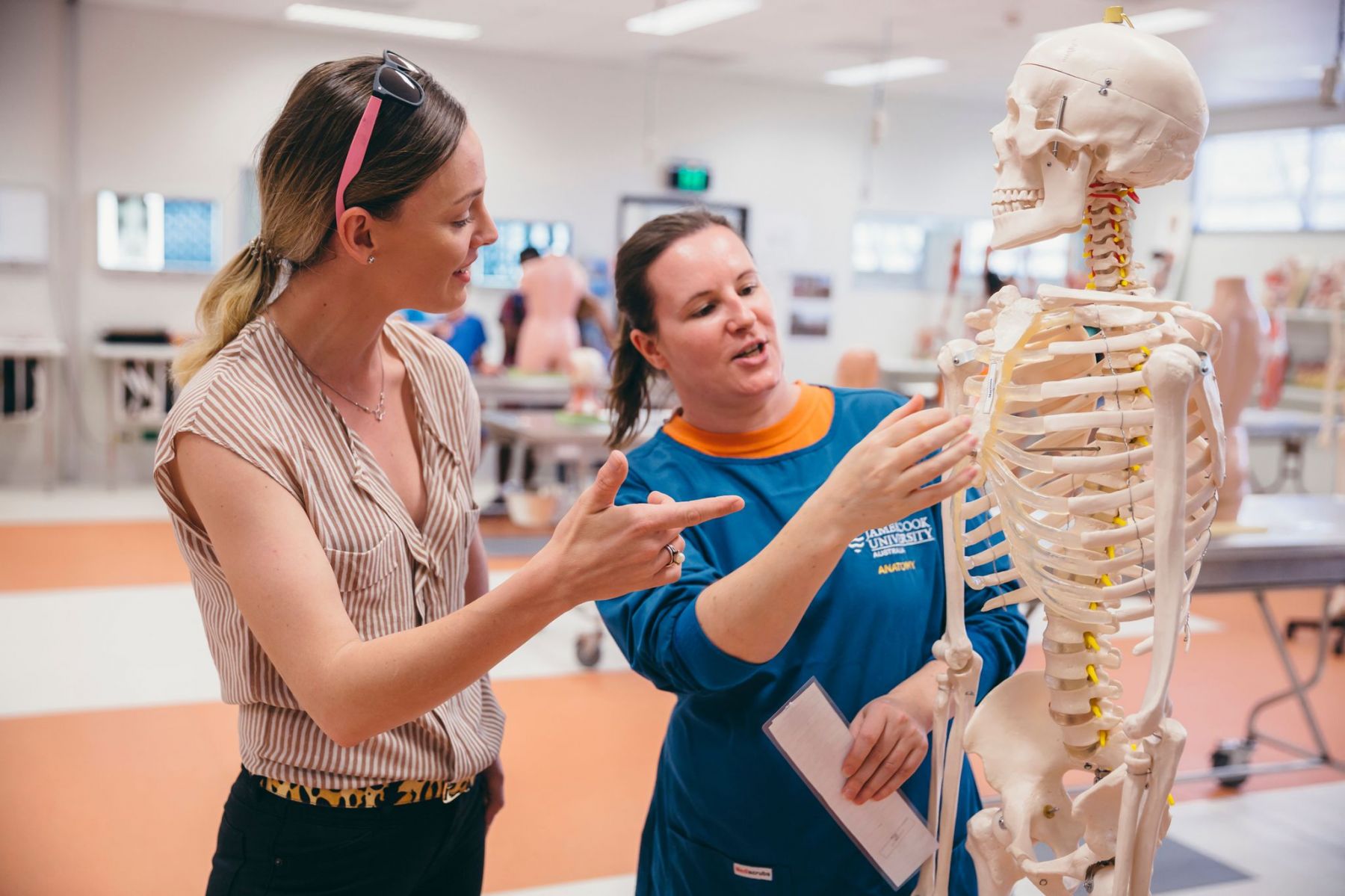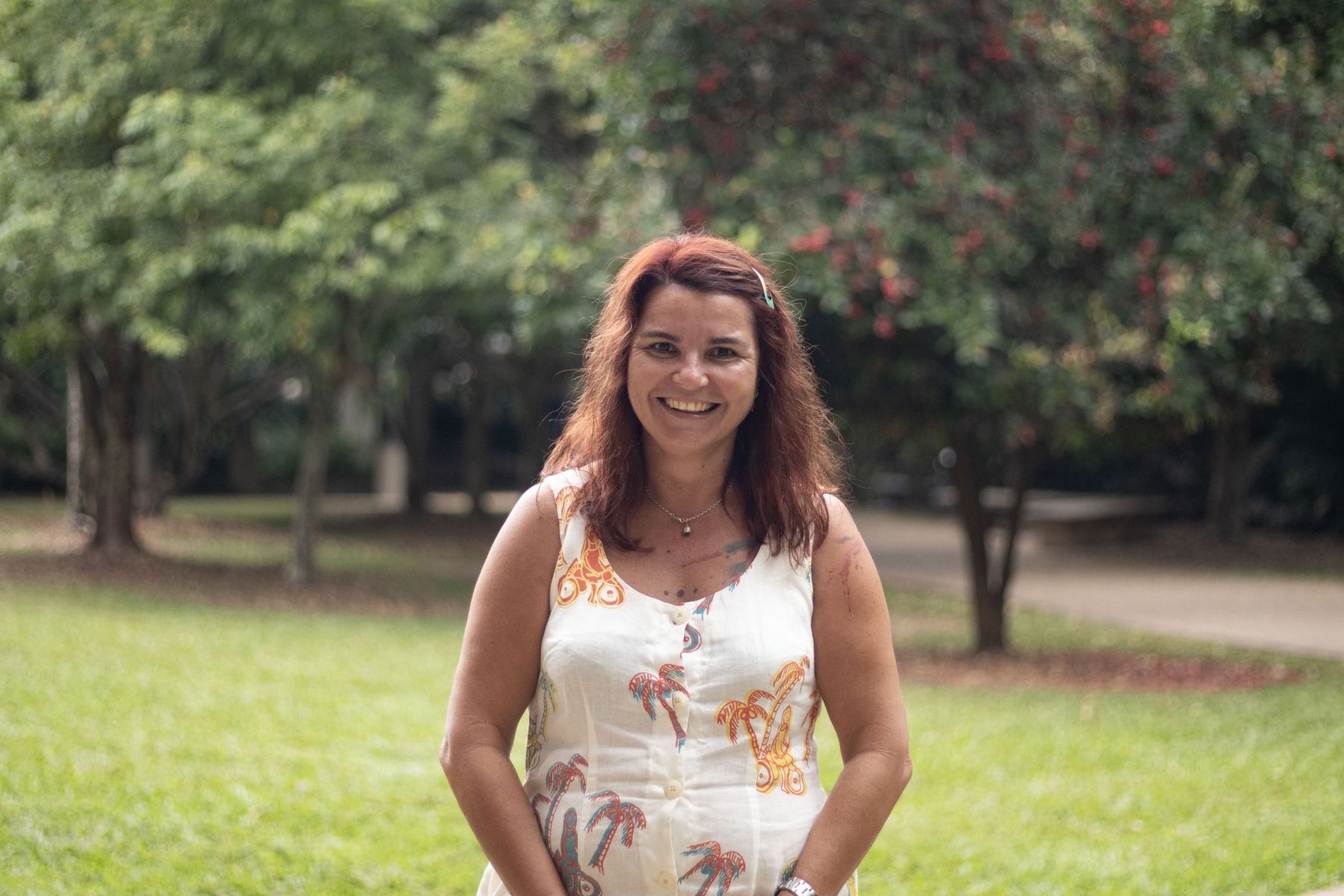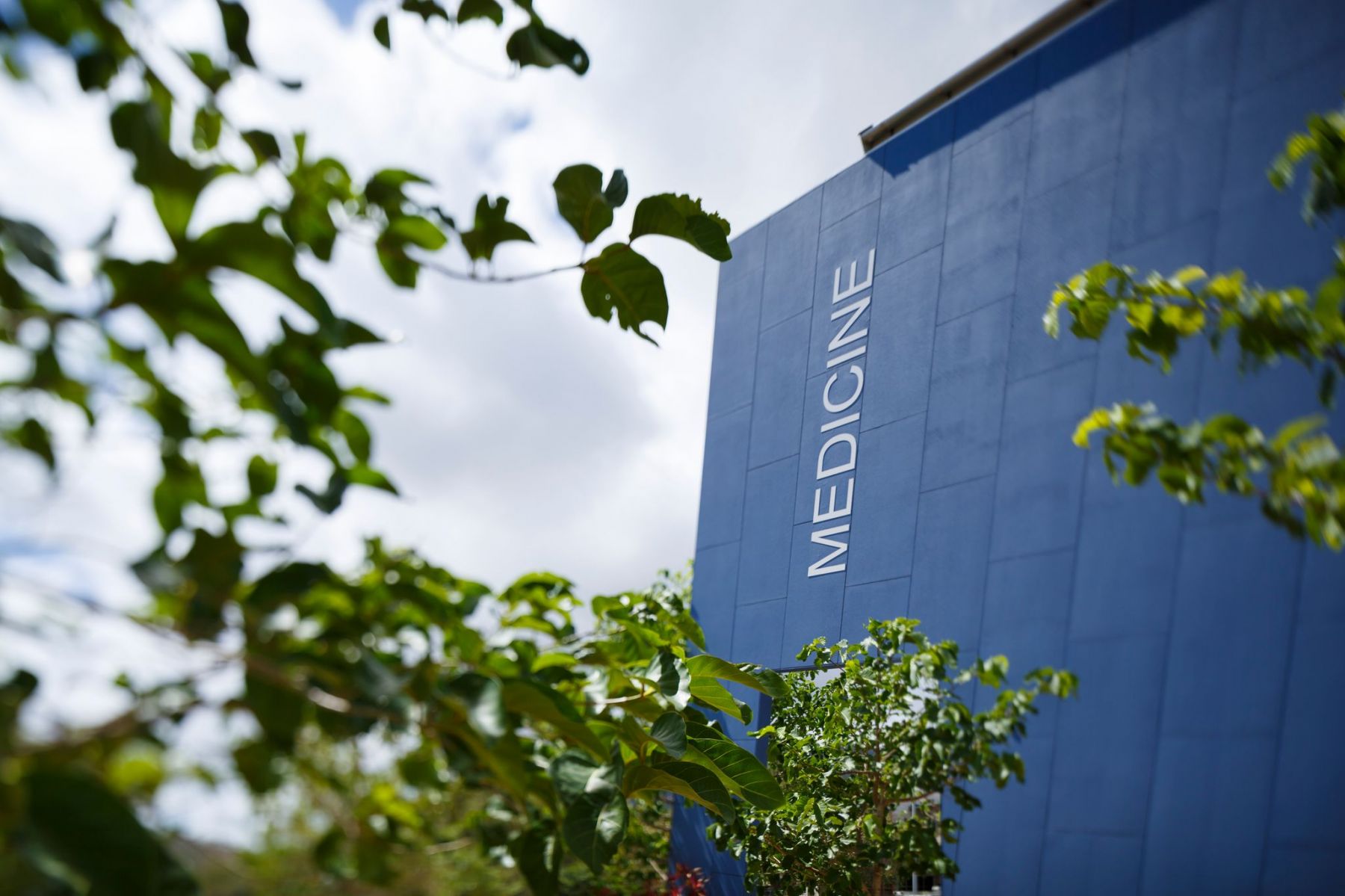20 August 2025
Shaping the Future of Medicine: Inside JCU’s Selection Panels

Every year, more than 4,000 hopeful applicants from across Australia and New Zealand apply for a place in James Cook University’s (JCU) Bachelor of Medicine, Bachelor of Surgery (MBBS) program. It’s one of the most competitive medical programs in the country, and for good reason. JCU’s medicine graduates are known for their commitment to serving rural, regional, and remote communities – places where doctors are often most needed.
From this pool, around 750 applicants will progress to the next stage: an interview. These interviews are not just a formality; they are an essential step in identifying the students most likely to succeed in the program and go on to serve communities across northern Australia. And this is where volunteers play a critical role.
Each interview is conducted by a three-person panel made up of a healthcare professional, a JCU staff member or adjunct, and a member of the community. Together, they bring a mix of perspectives that help assess not just academic ability, but the personal qualities that make a great doctor: empathy, resilience, and a genuine passion for helping others.
JCU College of Medicine and Dentistry Dean Professor Sarah Larkins says: “We’ve always benefited from really strong community backing, because we're particularly trying to produce health professionals for the North, the North has always been behind us in terms of advancing that aim and they are a key part of selecting future medical students.”
Giving back through volunteering
Among those who have sat on the selection panels is Dr Jaimee Hamilton, who has been involved since 2020. For her, volunteering is deeply personal.
“It's highly valuable experience, but it's also highly important that we do this to give back to community,” Jaimee explains.
Her motivation is grounded in her own journey. Growing up Aboriginal and from a disadvantaged background, she never saw university as an option. Yet, after entering through a pathways program, she went on to complete a PhD and establish a career in academia. That background has shaped her approach on the panels.
“I'm Aboriginal. I grew up poor. University wasn't for me. I went through a Pathways program myself, and I have a PhD. I'm now an academic, but I find it vitally important to fight for those that don't come from private schools, those that aren’t polished,” she says.
Jaimee is passionate about recognising potential in students who might not present themselves in a textbook-perfect way but demonstrate authenticity and resilience.
Jaimee says she is often moved by the powerful personal stories candidates share during the interview process.
“If you can drill down a little bit more, the passion that comes out of some of these people when they reveal what has motivated them, is remarkable. Some have been through horrendous things, and the resilience they have and their ability to turn that horrendous experience into a passion to help others is phenomenal.”
Inspiring journeys
For JCU Head, Economics and Marketing, Associate Professor Rachel Hay, who has volunteered on the panels since 2019, the experience is both personally and professionally rewarding.
“Personally, I love seeing the genuine interest in the applicants, their passion and their inspiring stories that have begun their journeys. I have some experience myself with hospital stays and serious illness, so it is great to be able to use my experience to have a say in the selection. Professionally, I enjoy being involved in new education journeys, I love to see the students’ passion for learning – it’s inspiring,” she says.
Rachel was eager to sign up when the opportunity first arose, driven by a desire to give back. But she also believes her regional perspective is particularly valuable.
“Listening to others share their passion for where they live, work and play, is always interesting and inspiring – if we want our doctors to come and work in our regions then we need to start the conversation early, this process does that,” she says.
“If you want to see support for your regional medical system, then get involved, inspire the young potential students to come to regional areas, bring their skills with them and help them to be excited about their journey,” she says.
How you can get involved
Becoming a volunteer interviewer involves completing self-paced training in September before joining interviews scheduled from late November to early January. Panels are supported with detailed resources and manuals to help guide the process.
JCU also offers an Indigenous Selection Pathway, where Aboriginal and Torres Strait Islander applicants are interviewed by panels made up of Aboriginal and Torres Strait Islander members. These panels play an essential role in supporting Indigenous applicants and ensuring their voices and experiences are valued.
For volunteers like Jaimee and Rachel, the experience is not only about contributing to JCU, but also about shaping the future of healthcare in northern Australia. Each candidate interviewed represents a potential future doctor who may one day work in a remote Cape York community, a small town in western Queensland, or a busy regional hospital.
To find out more and become involved here: https://www.jcu.edu.au/college-of-medicine-and-dentistry/industry-and-community/volunteers-for-medicine-selection-panels


NQRTH is an initiative of the Australian Government's Integrated Rural Training Pipeline (IRTP) and is facilitated by James Cook University in partnership with public and private hospitals, Queensland Aboriginal and Islander Health Council (QAIHC), health services, Aboriginal Community Controlled Health Organisations (ACCHOs) and GP clinics.
Cairns region
(07) 4226 7138
Central West region
(07) 4764 1547
Mackay region
(07) 4885 7122
North West region
(07) 4764 1547
Torres and Cape region
(07) 4095 6103
Townsville region
(07) 4781 3424





